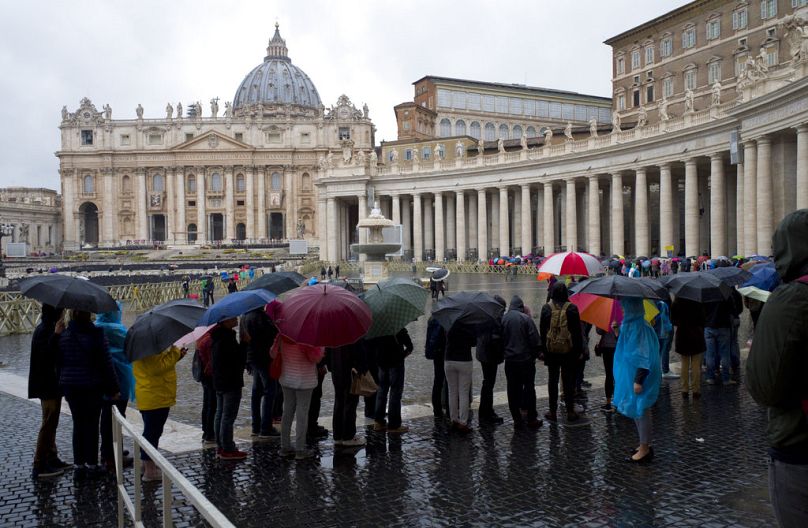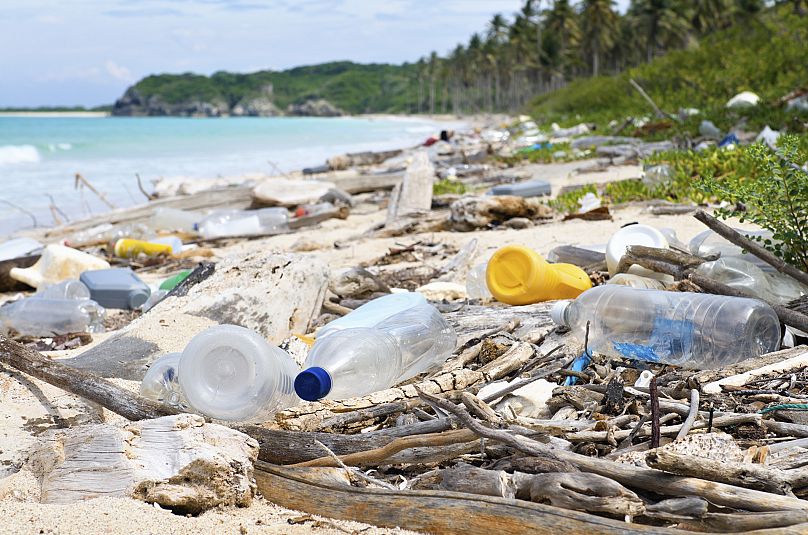A new sustainability movement promises to make post-pandemic travel greener, less crowded, and more socially conscious than ever before.
In a New York Times article earlier this year, journalist Elaine Glusac debuted the term “regenerative travel”, a new sustainable travel movement that promises to make post-pandemic travel greener, less crowded, and more socially conscious than ever before.
Before the coronavirus pandemic, tourism was one of the fastest-growing industries in the world. According to the World Tourism Organization (UNWTO), international travel went from generating $4 billion a day in 2017 to $5 billion a day in 2018, outpacing the world economy by almost 1%.
While this exponential growth helped many countries economically, the travel industry’s negative impact on the environment and local communities had become an urgent problem.
Parts of European cities like Amsterdam were becoming unlivable due to tourist crowds and rising rent, while once-paradise beaches in Thailand were being swallowed up in plastic discarded by the growing number of hotels and tourist boats.
The millions of tonnes of CO2 generated from increasing air travel, too, posed one of the biggest environmental threats to future generations, an issue that teen climate activist Greta Thunberg has been campaigning to reduce since 2019.
But with international travel coming to a grinding halt in March 2020, tour operators and tourism boards have had the time – and the incentive – to rethink how we travel.
What is “regenerative travel” and how is it different from “sustainable travel”?
A sharp rise in mass tourism in the last decade saw the popularisation of the term “sustainable travel”, a movement that encouraged travellers and the travel industry at large to minimise their environmental and social impact. This included initiatives such as minimising waste and plastic consumption in hotels, opting for small-group, locally-led tours, and visiting lesser-known destinations and sights.
Regenerative travel, however, takes sustainable tourism one step further. While sustainable travel aims to offset the negative impacts associated with travel, regenerative tourism is about actively improving the social or environmental conditions of your host country.
Jonathon Day, an associate professor focused on sustainable tourism at Purdue University, told the New York Times: “Sustainable tourism is sort of a low bar. At the end of the day, it’s just not making a mess of the place. Regenerative tourism says, let’s make it better for future generations.”
What can I expect from a “regenerative travel” experience?
The regenerative travel experience isn’t just about lowering your carbon footprint or buying local – it’s about initiating real, measurable change. This means going on trips that actively work on improving the destinations you visit, whether that be through joining a restoration project or funding a business school for women. In the words of the New York Times, it’s about “leaving a place better than you found it.”
Booking agency Regenerative Travel – a company born in 2019 out of a dissatisfaction with the eco-resort offering at the time – promotes 45 hotels that align with their commitment to the regenerative travel experience. Each of their carefully selected resorts, which span from safari lodges in South Africa to luxury treehouses in Mexico, go above and beyond your average eco-resort, from protecting natural habitats and ancient monuments to investing in local education, health, and economic development.
Other travel companies and tourism boards are also working towards offering regenerative travel experiences by swapping quantity for quality. Under the guidance of organisations like ConsciousTravel – a consultancy service helping destinations and tour operators use travel as a force for positive change – VisitFlanders and Tourism New Zealand will focus less on the economic benefits of travel and more on the health and wellbeing of their communities and environment, as well as offer more meaningful, locally-driven experiences.
“We're becoming more mindful of the impact of business and consumption on the planet,” Tourism New Zealand CEO Stephen England-Hall told the NZ Herald last month, “and not just on the natural habitat but on our social and cultural environment and our community."
What role do travellers play regenerative travel?
As a traveller, your support is key to the success of regenerative travel. Without demand from the international visitor, the initiative simply wouldn’t be economically viable.
“Become mindful of the fact that your trip is going to have a set of costs associated with it,” Anna Pollock, the founder of Conscious Travel, told the New York Times. “In the same way you think, ‘Should I buy that cheap T-shirt from the dime store down the road?,’ knowing it’s created by semi-slave labour. Now you’re thinking consciously about who do I buy it from and is it quality.”
But being a regenerative traveller doesn’t have to mean staying in luxury eco-resorts or spending thousands of dollars on an organised trip. If you’re on a budget, you can offset your travel emissions through companies like Greenfleet, or opt for a guide association that champions local sustainability projects.
Experts agree that the most important role travellers play in the future of regenerative tourism is in their attitude towards sustainability, and in their willingness to support those businesses who are using travel to make the world a better place. “Travel is an important vote of your principles,” Chris Baker, the founder of OneSeed Expeditions, an adventure company that uses 10 percent of its proceeds to offer zero-interest loans to businesses in Nepal and Peru, told the New York Times. “When you decide to put your time and resources into a trip, you’re affirming that’s the type of business you want out there.”













